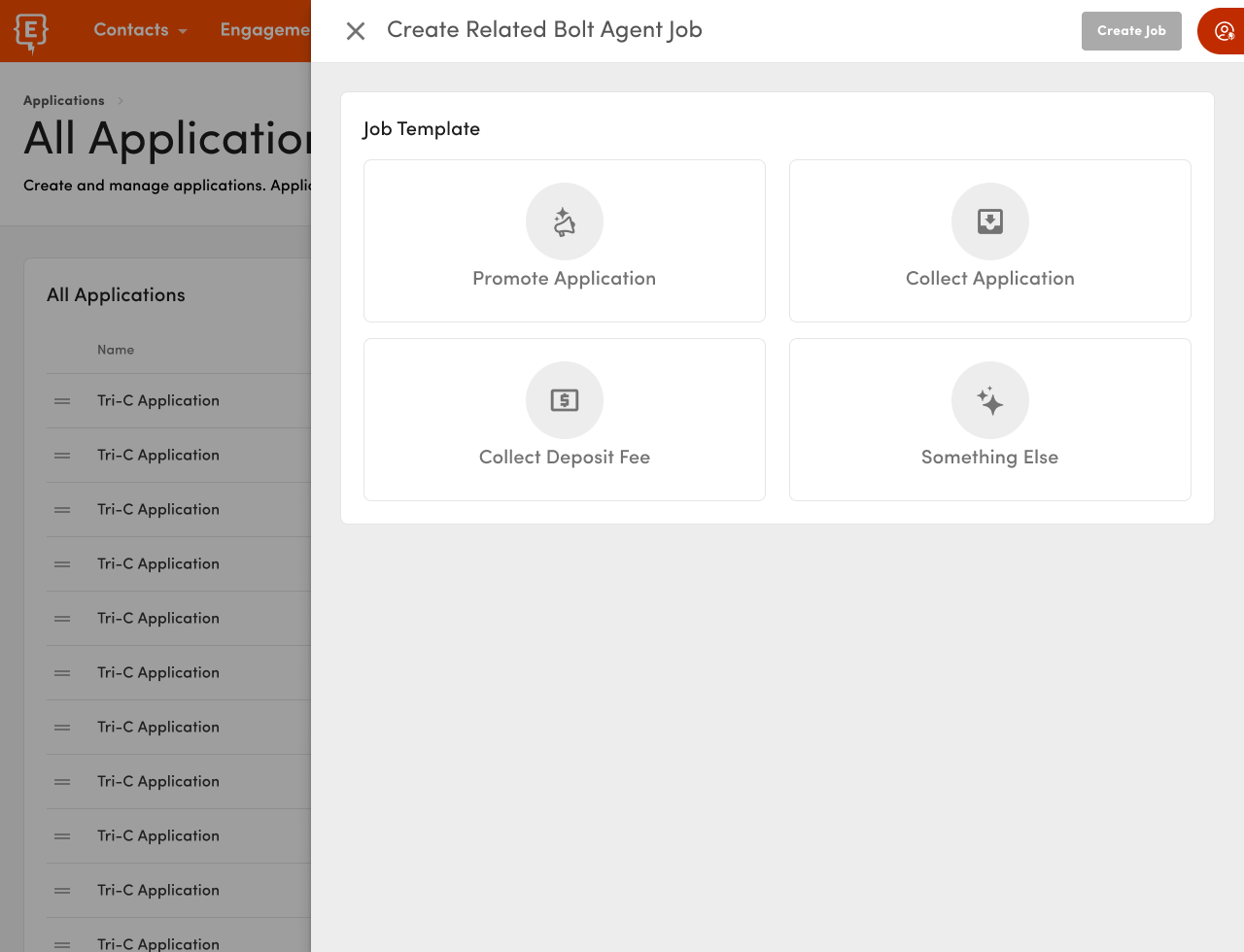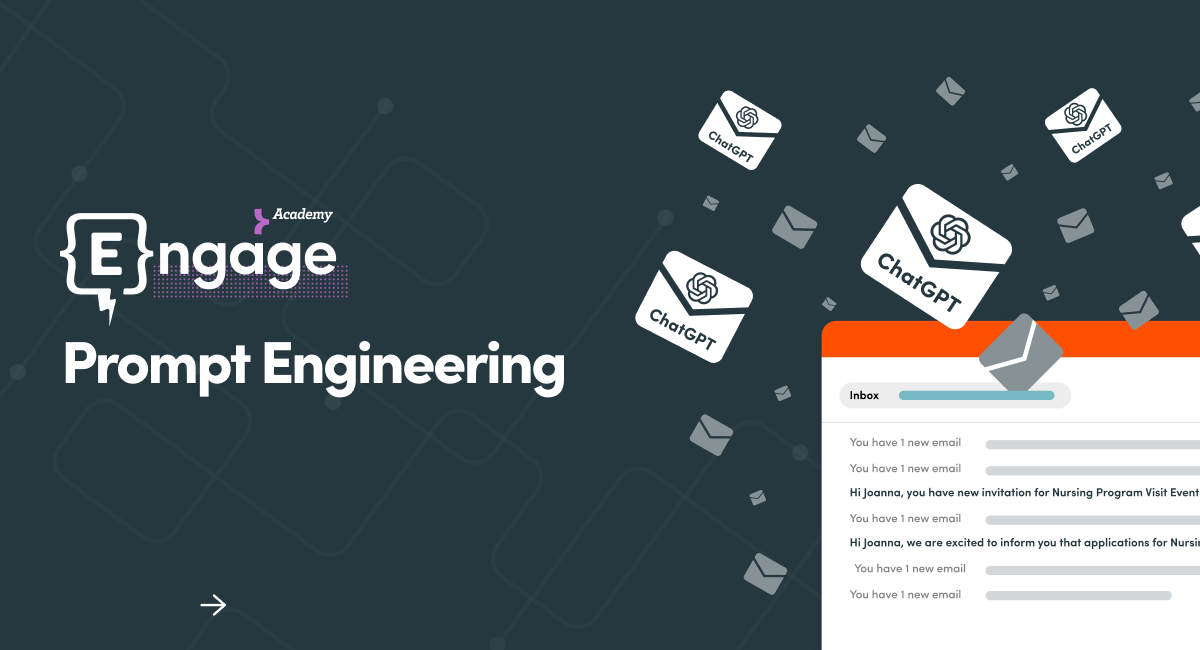Private School Marketing Strategies That Drive Enrollment
by Brandon Hurter · Updated Nov 28, 2024

In today’s competitive education landscape, private school marketing is crucial for reaching prospective families and achieving enrollment goals. Effective marketing for private schools involves strategies that clearly communicate a school’s unique value and educational offerings. By focusing on the latest private school marketing strategies, schools can engage families, showcase their strengths, and drive sustainable growth.
As we move further into the post-pandemic academic year, it’s essential to stay updated on marketing ideas for private schools that resonate with students and parents. Join us as we explore best practices and actionable insights for enrollment growth in private schools.
Join us as we explore the latest trends and best marketing ideas in private school marketing that will empower you to build proactive marketing strategies for enrollment growth.
The State of Private Higher Ed Marketing
Marketing teams at private schools are now in a unique position when it comes to leveraging digital marketing channels to enhance the student experience and even increase student enrollment.
Innovative enrollment marketing tactics shouldn’t be reserved only for large, publicly-funded state schools and institutions. A small private school likely has plenty to boast about, including specialized programs, smaller class sizes, and a unique focus on individualized learning. In fact, these qualities are major selling points for private school audiences and potential families.
The academic options found in private schools are in demand, but it’s still a tough time for college enrollment overall. Less than one third of both male and female students choose private schools over public options, which underscores the need for truly impactful marketing messages.
Private vs. Public—Are There Big Marketing Differences?
Marketing strategies at public state institutions can differ significantly from smaller private schools due to differences in campus size, resource funding, and target audience. Marketing budgets can range from several hundred dollars to over $100k annually, and school marketing teams may need to make those resources stretch farther.
Public state institutions often have extensive marketing budgets that allow investment in online advertising campaigns cross-channel. Large schools may also focus on brand reputation through partnerships, events, and sponsorships.
In contrast, smaller private institutions may opt for direct referrals and personalized outreach to prospective families. Private school marketers should consider how to showcase unique value points while placing more emphasis on an irreplaceable academic experience.
Benefits of Private School Marketing Strategy
When carried out correctly, private school marketing strategies open up doors for growth and forward progress. And as marketers, improving your ability to attract students is what enrollment management is all about.
Here’s what you can expect when you invest in learning modern best practices for private school marketing campaigns this year.
- Improved your school's image and brand awareness
- Increased student enrollment and admissions results
- Better recruitment efforts and outreach events
- More revenue for the school to use and stay ahead on planning
- Greater pipeline of interested students
- Competitive advantage among comparable private schools
- Inherent benefits to stakeholders and community partners
Sounds like an easy choice, right? Whether you’ve noticed a dip in enrollment or want to overcome a plateau in your admissions numbers, modern strategies can help.
Most schools don't have the right tools to do efficient marketing and recruiting. At Element451 we help schools with AI-powered software that keeps students engaged and enrolled.
6 Best Practices to Follow to Encourage Private School Growth
Let’s be real—there are hundreds of pieces of advice that you could probably follow to start, revamp, or improve your private school marketing plan. Chances are good, however, that you want (and even need) to choose strategies and processes that deliver good returns quickly.
At Element451, our goal is to make your marketing simple but effective. Check out the list below for ways to start experiencing positive results in your private school marketing.
1. Create a Compelling Brand
Your higher ed marketing roadmap always begins with the strength and clarity of your school brand. A comprehensive higher education brand might include the following elements.
- Streamlined, consistent messaging across channels (both online and printed)
- Clear and transparent mission, vision, and purpose
- Cohesive and modern visual aesthetic and graphics
- Publicity, including the school’s public image and community standing
- Internal values as represented by students, faculty, and staff
These pieces work together and serve as the first point of connection for new students and prospective families. As a result, you always want this initial impression to be strong and consistent. A great brand isn’t built on having hundreds of thousands of followers or dollars in funding, but rather a well-planned image that students can respect and relate to.
2. Provide Mobile-Friendly Marketing Materials
One best practice that doesn’t appear to be losing steam anytime soon is the prominence of mobility in student marketing. This means that different aspects of a student’s experience—from initial awareness, to application, to eventual enrollment—should be made possible for mobile devices.
Think of how accustomed your ideal students are to digital searches and online processes. Modern students crave convenience, and they also need marketing experiences that meet them where they are.
If your school website isn’t optimized for mobile, it’s critical that you start to incorporate more on-the-go experiences for your target market.
3. Optimize for Search Engine Optimization (SEO)
To remain competitive and relevant, private school marketers should consider investing in proven SEO strategies for growth. Optimizing your website builds brand credibility by improving a school’s overall search rankings and bringing in targeted traffic. In many cases, this traffic comes from potential students who want to inquire, learn more, or submit applications.
Search engine optimization has many components, but focuses on the several major areas. These include:
- Search terms and keywords (Google Keyword Planner is beneficial for research)
- On-page optimization to ensure that header tags, meta descriptions, and content organization are aligned with a searcher’s intent
- Link building to generate site authority through high value content and PR opportunities
SEO may easily become a cost-effective option for private schools that want to invest in the initial effort, while reaping benefits for years to come. This is because once a site is optimized and performing well, it will likely continue to do so with minor maintenance.
4. Build Personal Connections on Social Media Platforms
As with any marketing opportunity, private schools must know where their target audience spends time. In today’s digital world, the majority of prospective students and their families are looking to social media for valuable education insights.
To truly connect with your audience, create the types of content that they’re looking for. In some cases, this might be short-form video (like TikTok) or more professional networking opportunities (such as LinkedIn). Either way, nearly 75% of college students conduct higher ed research on social media, and private schools would be remiss to lose out.
But it’s not enough to simply post on social media channels. Forging real relationships means being authentic (true to your brand), timely (knowledgeable about what students want), and available (giving real answers to questions).
5. Leverage Review Sites to Your Advantage
Review websites are still highly important when it comes to student research and prospective student engagement. Future applicants often turn to vetted sources to compare similar institutions and learn about differences in experience, financial aid, and campus life.
Not only should private schools stay mindful of these sites, but they should also invest in management and social sharing as a way to keep tabs on public opinion. Some options might include:
If your private school also appears as a local private business, it’s important to be aware of what those reviews are projecting. Remember—whether you actively participate or not, review-based content is a form of marketing that is reaching your audience and has the potential to sway opinions in a positive or negative direction.
6. Encourage Alumni Marketing
As you market to new students, don’t neglect the wisdom and experiences of students who have already graduated. Alumni marketing can be used to build enduring connections on social media networks, validate content marketing campaigns, and add even more value to your student experiences.
As a private school, you might also need strong alumni relationships to generate buzz and even increase funding by gaining new opportunities. Alumni can attest firsthand to the educational experience they received in a way that doesn’t seem biased. As a result, their contribution to private school marketing campaigns can be extremely valuable.
Why Does Personalization Matter for Private Schools?
Marketing personalization becomes an integral piece of the puzzle for private schools, because it creates positive relationships with prospective students and builds brand trust through timely communication.
A marketing strategy that involves personalization also helps private schools stay top of mind when interested families and students have more than one academic option on the table. On average, students apply to roughly six separate schools before enrollment. Delivering a customizable user experience is a surefire way to hook and retain student interest.
Launch A High-Performing Marketing Campaign Today
As you evaluate your private school marketing options this year, you’ve got two choices. You can continue to do things the way that they’ve always been done, or you can innovate to attract prospective students and families.
To succeed in the modern marketing game (and to stay competitive in the realm of independent schools), private colleges must be willing to experiment with creative approaches.
Frequently Asked Questions (FAQs):
Why is a strong brand important for private school marketing?
A strong brand is essential in private school marketing because it highlights what makes the school unique, helping it stand out from other options. Effective branding communicates the school’s values, educational experience, and community culture, making it easier for prospective families to identify with the school. When done well, branding can build trust and credibility, which are key in marketing for private schools to attract and retain students.
What budget should a private school allocate for marketing?
Marketing for private schools typically requires a flexible budget, depending on the school's size, resources, and enrollment goals. Smaller private schools may allocate a few thousand dollars, while larger institutions might invest $100,000 or more annually. A balanced budget supports various private school marketing strategies, including digital advertising, social media outreach, and event hosting. By investing in marketing ideas for private schools that yield a strong return, schools can maximize their enrollment growth and visibility in a competitive market.

About Element451
Boost enrollment, improve engagement, and support students with an AI-driven CRM and agent platform built for higher ed. Element451 makes personalization scalable and success repeatable.
Categories
New Blog Posts

The Definitive Guide
AI in Higher Education
Bridge the gap between the latest tech advancements and your institution's success.
Related Articles

Talk With Us
Element451 is an AI-driven CRM and AI agent platform for higher education. Our friendly experts are here to help you explore how Element451 can improve outcomes for your school and students.
Get a Demo








